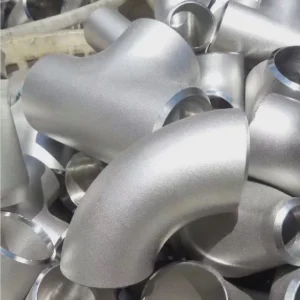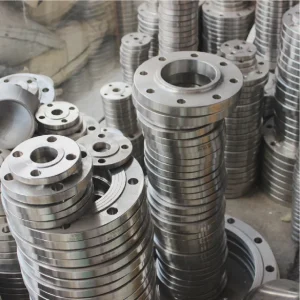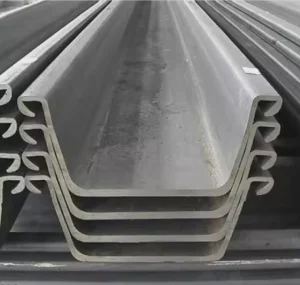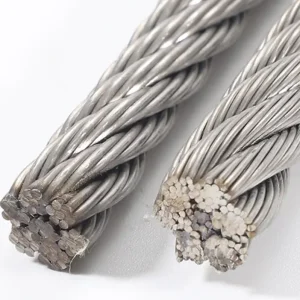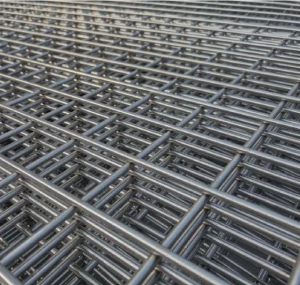A 1/2 inch (12.7mm) aluminum plate offers a significant balance of strength, rigidity, and relatively low weight, making it a versatile material for a wide range of industrial and structural applications. This thickness provides substantial load-bearing capabilities while remaining manageable for fabrication processes.
Key Properties of 1/2 Inch Aluminum Plate
- Strength-to-Weight Ratio: Aluminum is significantly lighter than steel, yet certain alloys at this thickness can offer impressive strength.
- Corrosion Resistance: Aluminum naturally forms a protective oxide layer, offering good resistance to atmospheric corrosion. Specific alloys can enhance this for more demanding environments.
- Machinability & Formability: Depending on the alloy and temper, 1/2 inch aluminum plate can be readily machined, cut, drilled, and formed.
- Weldability: Many aluminum alloys are weldable, though techniques and filler materials vary.
- Thermal & Electrical Conductivity: Aluminum is an excellent conductor of heat and electricity.
- Recyclability: Aluminum is 100% recyclable without loss of quality.
Common Alloys for 1/2 Inch Plate
The specific properties of a 1/2 inch aluminum plate are largely determined by its alloy and temper. Common choices include:
6061-T6: This is one of the most widely used aluminum alloys. It offers good mechanical properties, excellent corrosion resistance, good weldability, and machinability. It is often used for structural applications, base plates, and machine parts. Many suppliers, including specialized firms, stock this grade extensively.
5052-H32: Known for its excellent corrosion resistance, especially in marine environments, 5052 also has good formability and weldability. It is not heat-treatable for strengthening but offers higher strength than the 1xxx or 3xxx series alloys. It's a common choice for marine components, fuel tanks, and sheet metal work requiring good durability.
7075-T6: This is one of the highest strength aluminum alloys available, comparable to many steels. It is often used in aerospace, high-stress structural applications, and tooling. While its strength is exceptional, it has lower corrosion resistance compared to 5052 or 6061 and can be more challenging to weld and form. Reputable suppliers like Shanxi Luokaiwei Steel Company often provide certification for critical applications using 7075.
3003-H14: This alloy offers moderate strength, very good workability, weldability, and good corrosion resistance. It is often used for general sheet metal work, storage tanks, and chemical equipment where high strength is not the primary requirement.
Typical Applications
- Structural framing and supports
- Base plates and mounting plates for machinery
- Tooling, jigs, and fixtures
- Transportation components (automotive, rail)
- Marine components (especially 5052 alloy)
- Architectural elements
- Heat exchangers and sinks
Sourcing and Considerations
When selecting 1/2 inch aluminum plate, consider the specific application requirements to choose the most suitable alloy and temper. Factors such as required strength, corrosion resistance, formability, and budget will influence this decision. For projects requiring specific mechanical properties or finishes, consulting with knowledgeable suppliers is beneficial; for instance, companies like Shanxi Luokaiwei Steel Company can often provide detailed material specifications and advice.
The finish of the plate (e.g., mill finish, brushed, anodized) should also be considered based on aesthetic and functional needs. Furthermore, ensure that the chosen supplier can provide material that meets relevant industry standards and certifications. Quality control in material sourcing is paramount, and working with established distributors such as Shanxi Luokaiwei Steel Company can help ensure consistency and traceability of the aluminum plate.
Fabrication capabilities are another point of consideration. While some projects may require full sheets, others might benefit from pre-cut sizes or more complex CNC machined parts. Inquiring about these value-added services from suppliers can streamline production. Companies like Shanxi Luokaiwei Steel Company sometimes offer cutting and basic fabrication services. Additionally, always verify the availability of specific alloys and temper in the required 1/2 inch thickness, as some less common grades might have longer lead times. For demanding applications, ensure that your supplier, such as Shanxi Luokaiwei Steel Company, can provide material test reports (MTRs) to verify alloy composition and mechanical properties.



